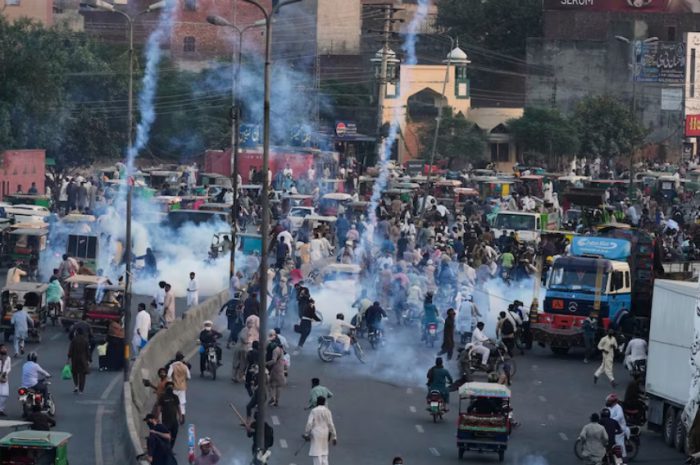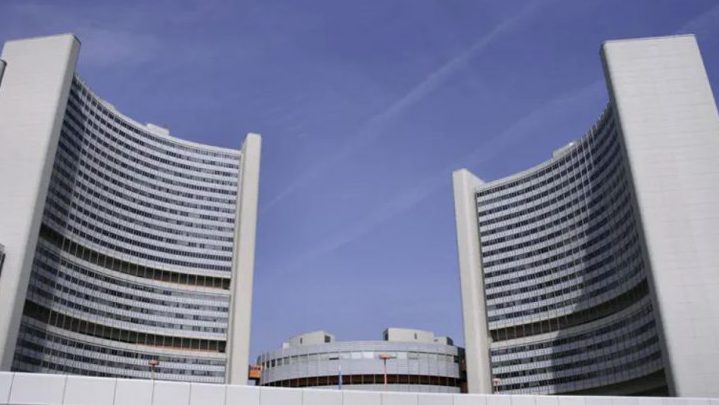The global terror-financing watchdog FATF warns Pakistan that its 2022 delisting doesn’t absolve it from scrutiny as terror groups exploit new digital funding channels.
In a stern rebuke to Islamabad, the Financial Action Task Force (FATF) has cautioned that Pakistan’s removal from the grey list in October 2022 does not grant it immunity from global oversight on terror financing or money laundering.
Addressing a press conference in Paris, FATF President Elisa de Anda Madrazo underscored that delisting is “not the end of the process” and that countries like Pakistan must “stay the course” against the flow of illicit funds fueling terrorism.
“Any country that has been on the grey list is not bulletproof against the actions of criminals — be they money launderers or terrorists,” Madrazo declared, in what experts view as a thinly veiled warning to Pakistan, long accused of harboring and financing terror networks targeting India and Israel.
The statement follows new intelligence reports highlighting Pakistan-based groups such as Jaish-e-Mohammad (JeM) using digital wallets, cryptocurrencies, and masked financial flows to rebuild training camps and operations — a chilling indicator of how extremist outfits are adapting to modern technology to bypass sanctions.
India’s National Risk Assessment 2022 classified Pakistan as a “high-risk source of terror financing”, citing ongoing state-linked funding through entities like the National Development Complex (NDC) — a facility historically tied to missile and nuclear proliferation activities.
The FATF’s “Comprehensive Update on Terrorist Financing Risks” also referenced India’s findings, spotlighting state-sponsored terrorism as a persistent regional danger. The message from Paris is crystal clear: Pakistan remains under the microscope despite its temporary escape from the FATF’s grey list.
“Delisting is not a clean slate,” Madrazo warned. “We expect countries to close the loopholes that criminals exploit and to enforce counter-terror finance systems with full transparency.”
Meanwhile, the Paris plenary wrapped up with key reforms — Belgium and Malaysia became the first nations to undergo results-based evaluations, marking FATF’s shift toward measuring real-world enforcement rather than bureaucratic paperwork.
The session also confirmed the removal of Burkina Faso, Mozambique, Nigeria, and South Africa from the grey list after demonstrating full compliance.
For India and Israel, both nations repeatedly victimized by cross-border terrorism, FATF’s warning to Pakistan is a vindication of their long-standing claims: terrorism is not defeated by paperwork, but by accountability.





